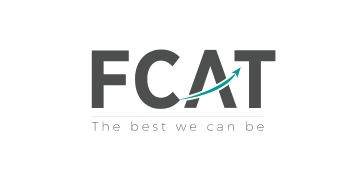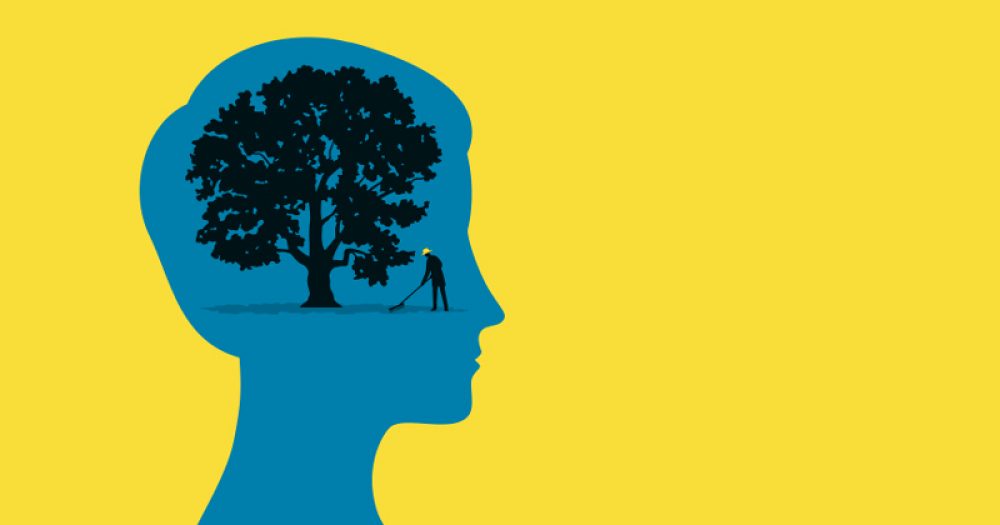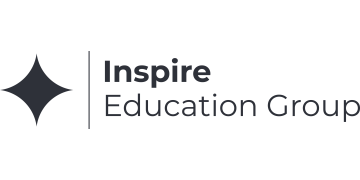Whatever is in store for education post lockdown, we can be sure that the foundational skills of mindfulness will continue to be as invaluable as ever, say the authors of a new strategy document
The interruption of our normal life has made us all acutely aware of the significance of emotional and social needs. It has been a time of heightened emotion, with fear, isolation, and uncertainty sitting alongside patience, heroism, and social connectedness. Pupils, families, and communities, teachers and school leaders have been undergoing a significant period of stress, and many are suffering various traumas.
Meanwhile, for all the talk of closures, schools and their teachers have not stopped work but reinvented themselves to keep education going post-lockdown. As they start to reopen, there is likely to be a further acceleration in demand on the resilience and strength of both students and teachers, with a risk of toxic stress just when all require calm and consistency. Education has both a deep need and a unique opportunity to build on the insights and new priorities created by these strange events, while moving forward in a calm, considered and positive way.
Exploring and learning from such situations and managing them skilfully is the stuff of mindfulness. Perhaps best considered an inherent human capacity that can be cultivated through practice, it enables people to attend intentionally to present-moment experience, inside themselves as well as in their environment, with an attitude of openness, curiosity and care. Whatever situation we find ourselves in, mindfulness helps us to pause, to pay attention to the moment, to understand ourselves and what is happening around us more clearly, and to approach our challenges with greater calm and insight.
Mindfulness can help teachers and pupils better manage their mental health and stress
So publication this week of our new Strategy for Mindfulness and Education for global think tank The Mindfulness Initiative is timely. It brings together the results of a consultation with experts and the growing evidence base of the approach’s potential. It sets out a purpose, vision and plan for mindfulness in education and shows its potential to continue to be transformative across education settings.
Of course, we do not shy away from the tough challenges of successfully implementing mindfulness in schools, including the restrictions on time and resources and the social inequalities that bedevil the process. Yet a good deal has been achieved already and, recognising these challenges, the document highlights the empirical evidence that shows mindfulness can contribute to a number of positive outcomes at the heart of education. Mindfulness can help teachers and pupils better manage their mental health and stress by building resilience and developing the insight and courage to tackle its underlying causes. It can improve the quality of teaching and learning by improving self-regulation, attention, and metacognitive awareness. It can enhance social and emotional skills to help pupils and staff relate more effectively to one another, including in respect of ‘challenging’ behaviour. More fundamentally it can help to create and sustain a supportive school culture, underpinned by a connected ‘whole-person’ and ‘whole-school’ approach in which all can thrive.
At a time when the form and content of education are under strain and its fundamental nature and purpose are coming into question, mindfulness can help us see our situation more clearly and respond to the problems we face with greater ease and flexibility. Our strategy document clearly highlights how mindfulness can help shape individual schools, partnerships and the education system as a whole to ensure our young people develop the flexible personal skills they need to do well in their education, ensure their own wellbeing, and navigate their future lives in an uncertain and rapidly changing world.
Our circumstances demand that we deal with the direct threats of this crisis on our communities. Looking further ahead, there is a unique opportunity to consider new possibilities for how best to live. When it come to either the immediate or the longer-term challenges we face, mindfulness has a vital part to play in meeting them.
The Strategy is free and available for download at: https://www.themindfulnessinitiative.org/the-mindfulness-initiatives-education-strategy








Bringing children back to school is ok but what about the parents who dress them and touch there clothing surely that can pass on the virus to others and school staff.? Kids maybe less likely to catch the virus but it’s not stopping the parents catching it and passing the virus onto the clothing and sending it into schools